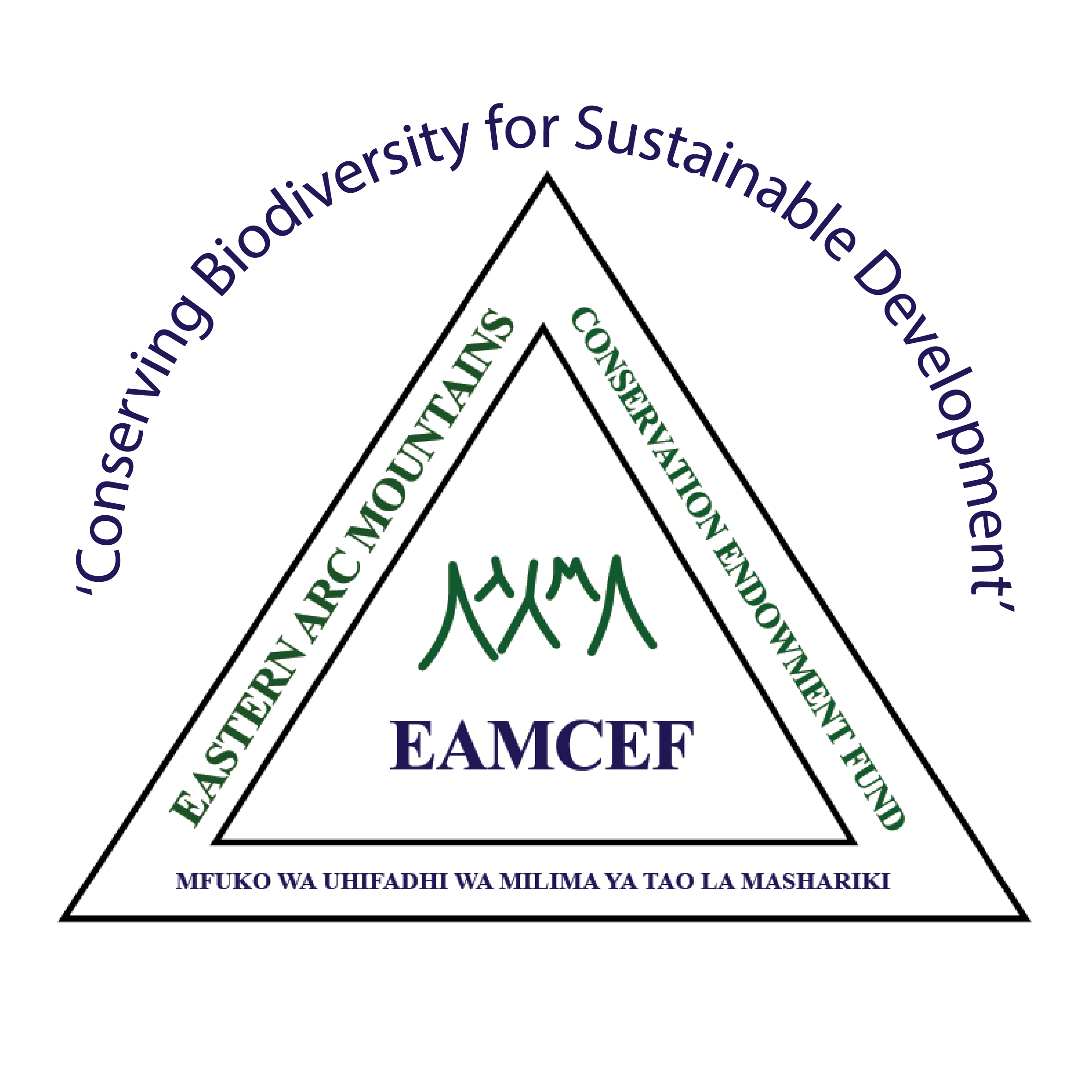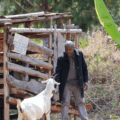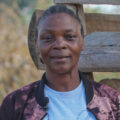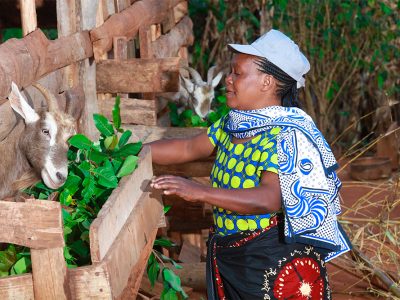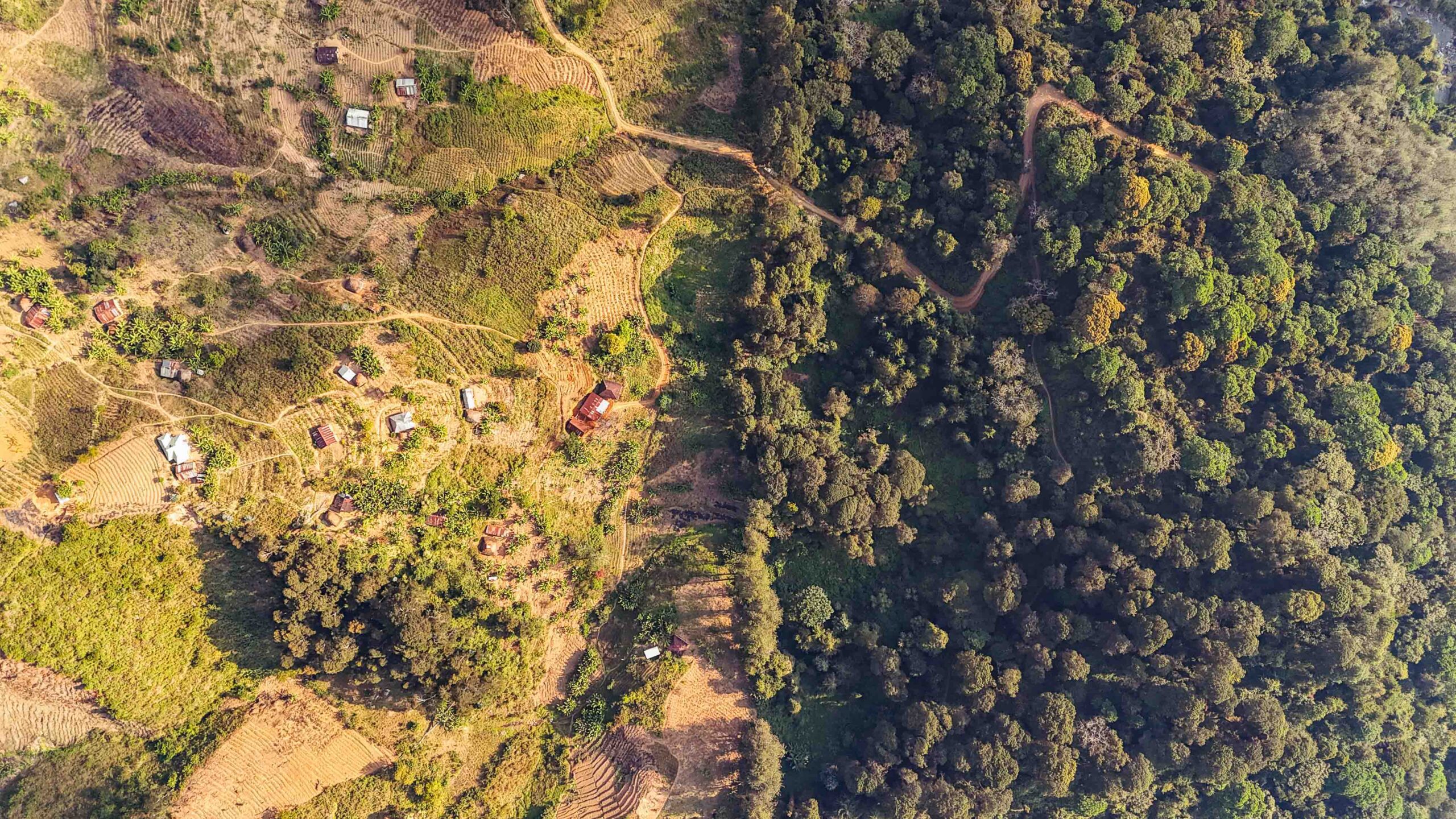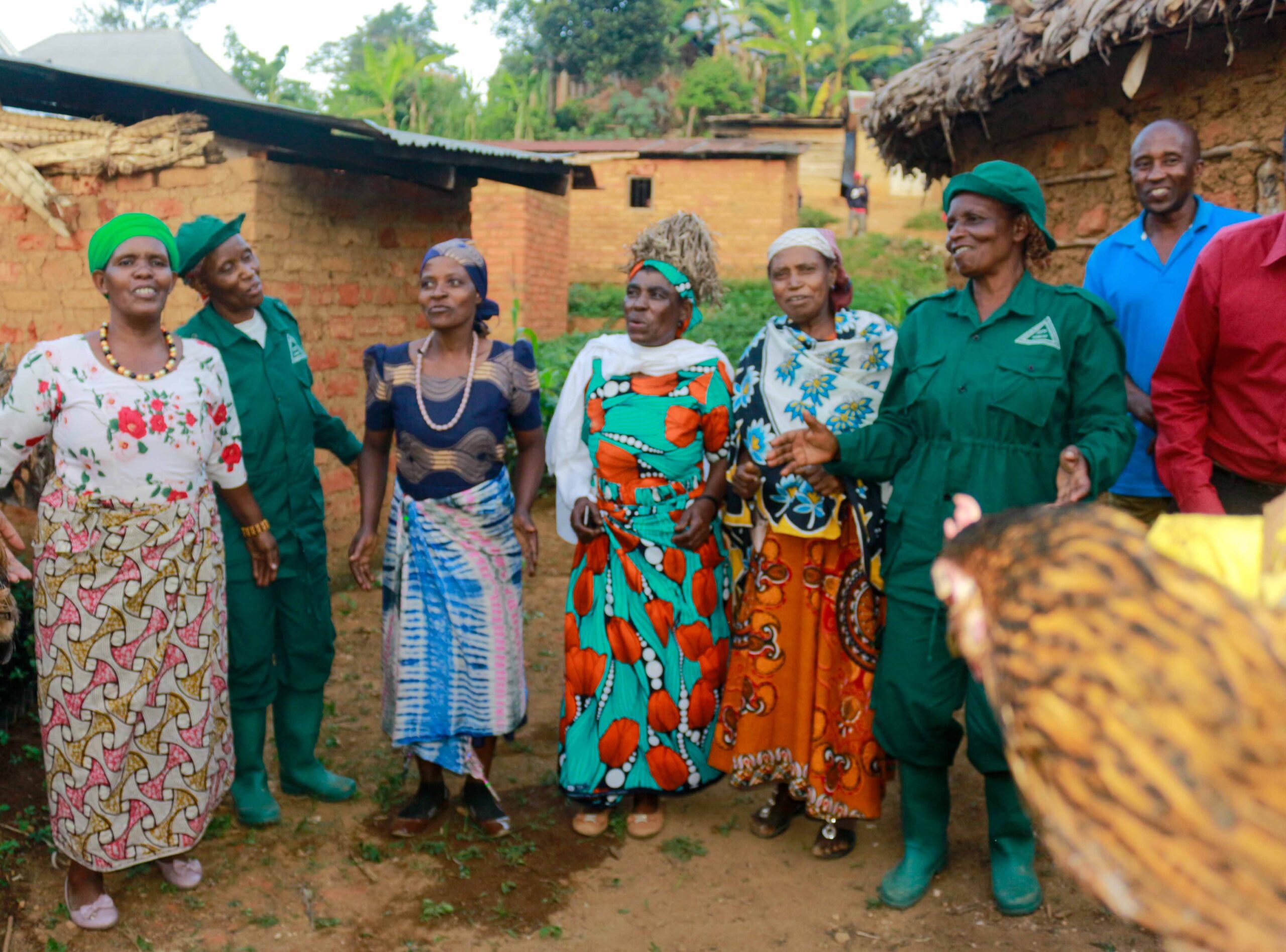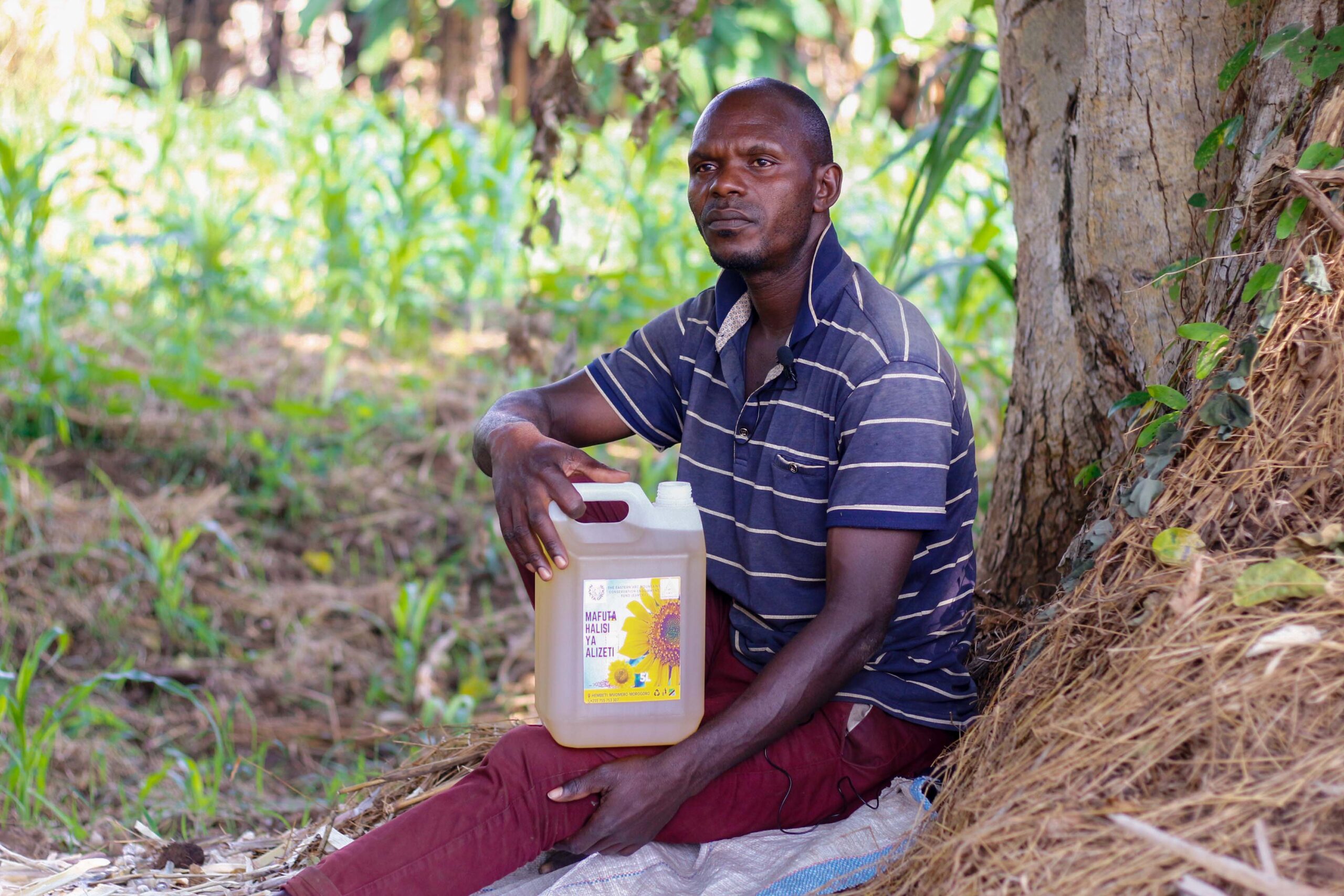Ecotourism infrastructure in the Eastern Arc Mountains has been significantly improved thanks to the efforts…

Just a few people in Mkalanga Village believed that goats can be a good source of milk…just like dairy cows, and that the income from goat husbandry can change lives of the poor villagers. Dairy goat husbandry seemed unusual and strange undertaking. Through sensitization and training meetings villagers were convinced that dairy goat husbandry is a feasible undertaking that they wished to try. Mr. Seth Chavala, a resident of Mkalanga Village shared his story below:
Our dairy goat husbandry group is called ‘Mshikamano’, members were selected by the Village Assembly. I am a farmer but I can clearly say that I used to get very little from agricultural activities than it is now with goats. I started keeping goats in 2015 through EAMCEF support, I have an assurance of getting 1.5 Litres daily, out of which I sell one little for TZS. 1,000 and the family consumes the rest. In the past, my family and most people in this village were not able to afford milk as it was obtained somewhere far from here and a bit costly. The income I get from goats is used to cover for household needs, school fees and stationaries etc. Apart from milk, it was not easier to get farm manure than it is now. We were used to industrial fertilizers which destroyed our land, but now I get manure from goat and can grow vegetables. I no longer buy industrial fertilizers”
“I sold avocados and got TZS. 210,000 from only 3 trees…I used the income to buy a Television set and installed solar panel…
IZACK NYAMOGA, Mkalanga Village Kilolo District
